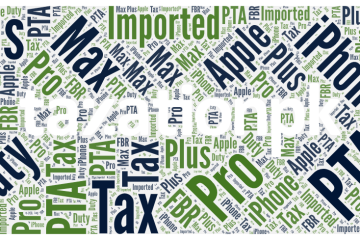Learn how withholding tax applies to online businesses & digital ads. Understand prescribed persons, tax deductions, and compliance strategies effectively.
As the e-commerce sector expands rapidly, the volume of online transactions and advertising expenditures has increased significantly, especially in Pakistan. With most business activities shifting to social media and digital platforms, understanding the implications of withholding tax is crucial.
Who is the Prescribed Person?
A prescribed person is defined based on a turnover threshold and sales registration with tax authorities. If you fall within this category, you are obligated to deduct withholding tax when making certain payments. The key question is: When and from whom should withholding tax be deducted?
Withholding Tax on Online Advertising Payments
One critical scenario is when payments are made to non-resident entities for online advertising. Under Section 152(1A) of the tax law, payments remitted to a non-resident for advertising services are subject to a 10% withholding tax. This means that if you are classified as a prescribed person and you are running advertisements on digital platforms, you must ensure compliance with withholding tax requirements.
Avoiding Understatement of Taxable Amounts
Many businesses assume that by not declaring advertising expenses, they can avoid withholding tax deductions. However, banks automatically deduct withholding tax from such transactions. Thus, all advertising expenses must be properly recorded, and a 10% withholding tax should be applied to relevant payments.
Managing Withholding Tax Legally
If you wish to manage withholding tax obligations legally, you can file an application under Section 152 with the relevant tax commissioner. This application should outline the country to which the payment is being made. Since Pakistan has dual tax treaties with several countries, including the United States, entities making payments to platforms like Meta (Facebook) can leverage these treaties to avoid double taxation. By filing the application, businesses can present evidence that the tax has already been accounted for under international agreements.
Compliance and Future Considerations
As the online marketplace grows, tax compliance becomes increasingly important. The 2023 budget recognized online marketplaces as retailers, making sales tax registration and point-of-sale (POS) integration mandatory. Businesses must ensure they fall within the prescribed person definition and fulfill their withholding tax obligations accordingly. Failure to do so may result in legal consequences , where tax authorities can issue notices for non-compliance.
In conclusion, businesses engaged in digital advertising and online sales must stay informed about their tax responsibilities. Proper tax planning and compliance will not only prevent penalties but also streamline financial operations in the evolving digital economy.



